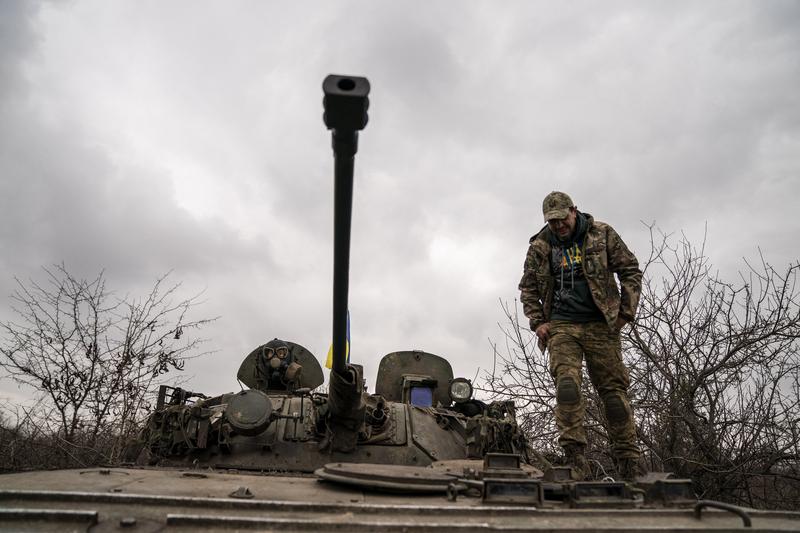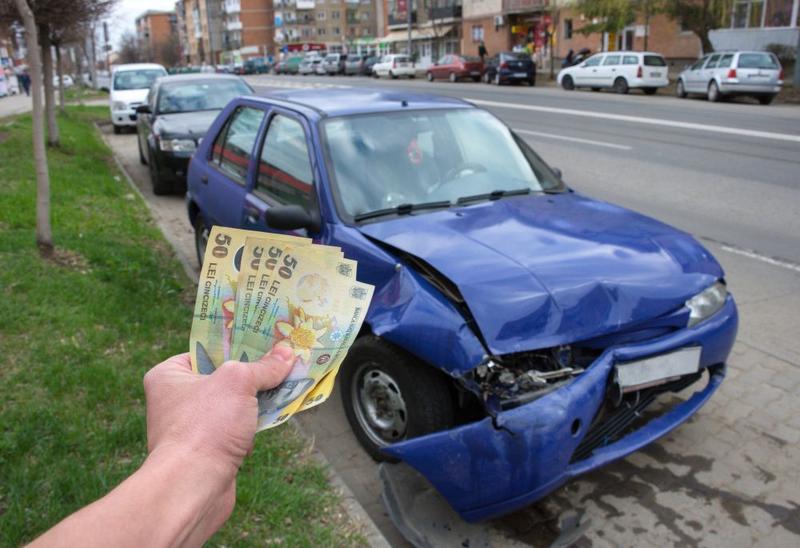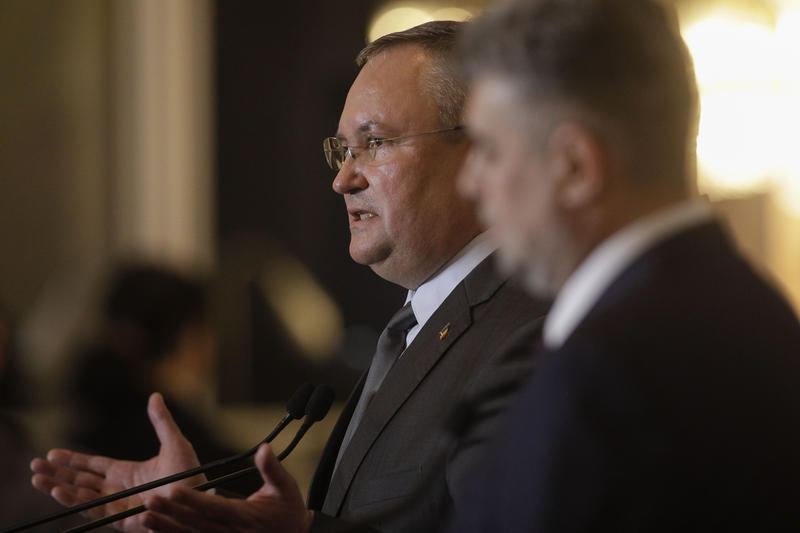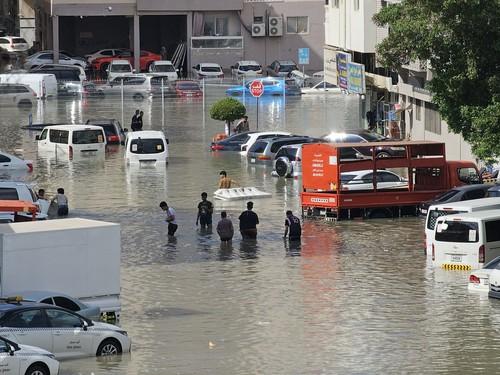Prime Minister Calin Popescu Tariceanu and Romano Prodi signed and sent on Wednesday a letter addressed to Jose Manuel Durao Barroso, president of the European Commission. Both officials asked the European Commission to involve in solving the problems related to the Roma ethnics.
After the meeting, the two officials made statements about the collaboration of the two countries in limiting crime and ensure protection for all citizens on Italian soil.
Fragments from Prodi's statements:
# We established a series of important conclusions together. I insist on the word "together".
# We have to understand that Romania is one of our friends and that the Romanian people is a friend of the Italian people. We owe respect to Romanians and we have to show it.
# Romania is a strategic ally of Italy, a thing that was proved along the relation of the two countries.
# There are thousands of Romanians working in Italy and there are a lot of Italians in Romania.
# We mustn't allow xenophobic ideas disturb the relation between us.
# We have to ensure the safety of our citizens, Romanians and Italians alike.
# In case someone didn't understand yet: In Europe, we have the freedom to circulate.
# The statements after Giovanna's death encouraged xenophobic acts. We try to get rid of intolerance, prejudice and suspicions.
# We agreed on a series of measured designed to endure the safety and Justice in Italy.
# We do not intend to begin mass expelling.
# The measures approved last week are an important part of the safety laws, designed to meet the safety demands of our citizens.
# We mustn't mistake crime with honest workers.
# Frontier police officers of the two countries will collaborate.
# New measures will be taken for the social integration of Roma ethnics.
# We wrote a letter to the president of the European Commission, asking for useful measures for social integration of disadvantaged persons, reminding also about the structural funds.
# Returning to their home country is more appropriate for those who can't afford to ensure their life here.
# A common management of the migration flows is necessary.
# We have no intentions to impose restrictions on the labor market.
Fragments from Tariceanu's statements:
# I express my regret and my compassion towards Giovanna's family, in my on name and in the name of many people who seen this unfortunate act.
# We need to limit this crime phenomenon that stirred a live emotion in Italy and that concerns us due to its capacity to affect the relations and the sentiments between the two countries.
# We decided together to adopt a set of measures for the Police and the judicial cooperation and, from Romania's side, a supplementary consular activity to assist Romanians in Italy.
# Along with the media, we must make a communication effort to show other aspects that build the profound relation between Romania and Italy.
# We will build a task force that will include some 30 Romanian police officers, in the attempt to limit the crime.
# We will also delegate judges from Romania to Italy.
# I believe that Italian authorities must ensure the same protection to all citizens on Italian soil.
# I don't expect our measures to produce effects tomorrow.
# The letter to Barroso approaches the theme of the Roma minority. We expect the European Commission to take this aspect into consideration, mainly in the education issues.
# As prime minister of Romania, I can not allow the laws to be broken. Not in Romania, nor in any other state. I have no reason to be tolerant with those involved in criminal activities.
# It is not fair to take a small group of people committing crimes for a community, which is mainly formed by honest people.
# The data I have shows that there are no improvised camps exclusively occupied by Roma immigrants, there are also citizens of other EU states.
# It is mainly the responsibility of local authorities to deal with this problem. We have no right to act on Italy's ground. A more relaxed attitude led to the birth of such camps.
# Some of them would leave this environment if they got a chance to work, but this is again the problem of local authorities.


















